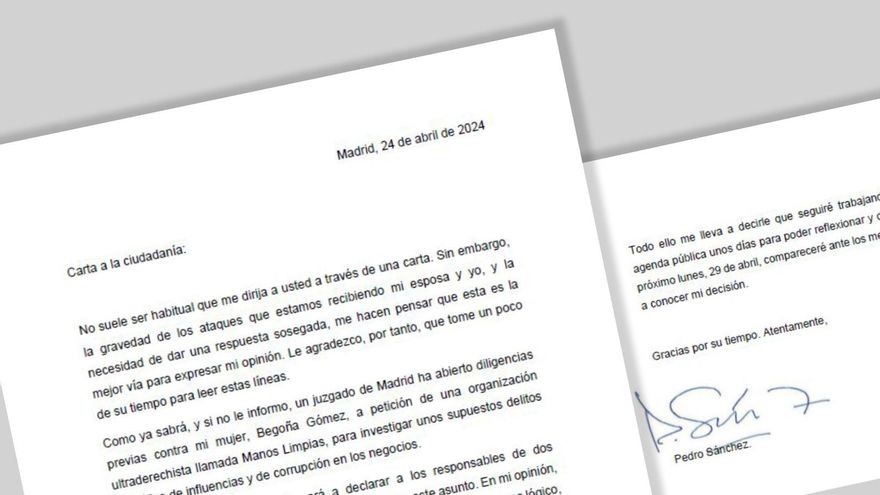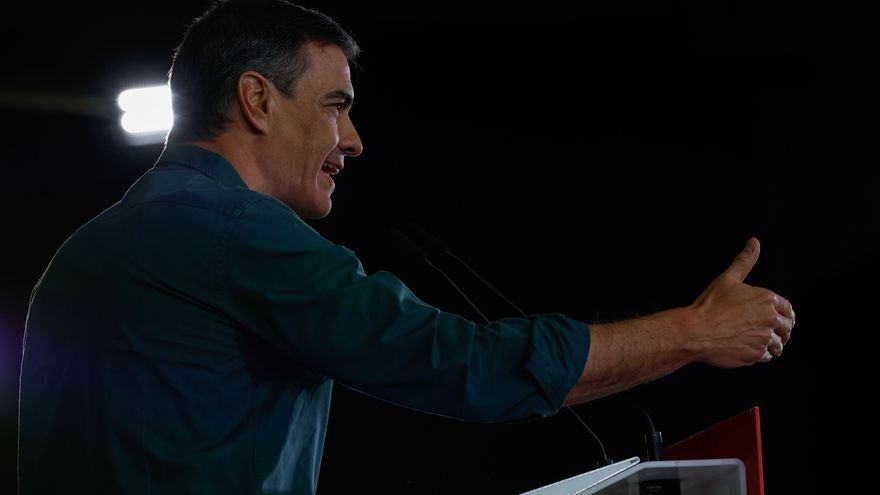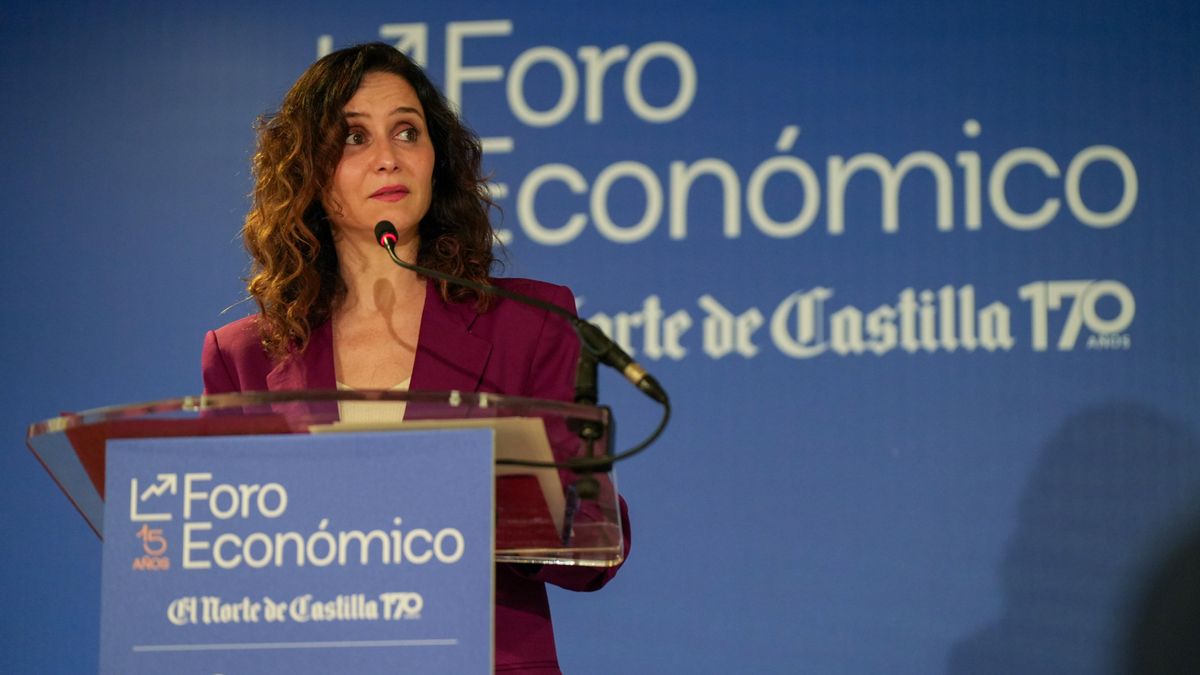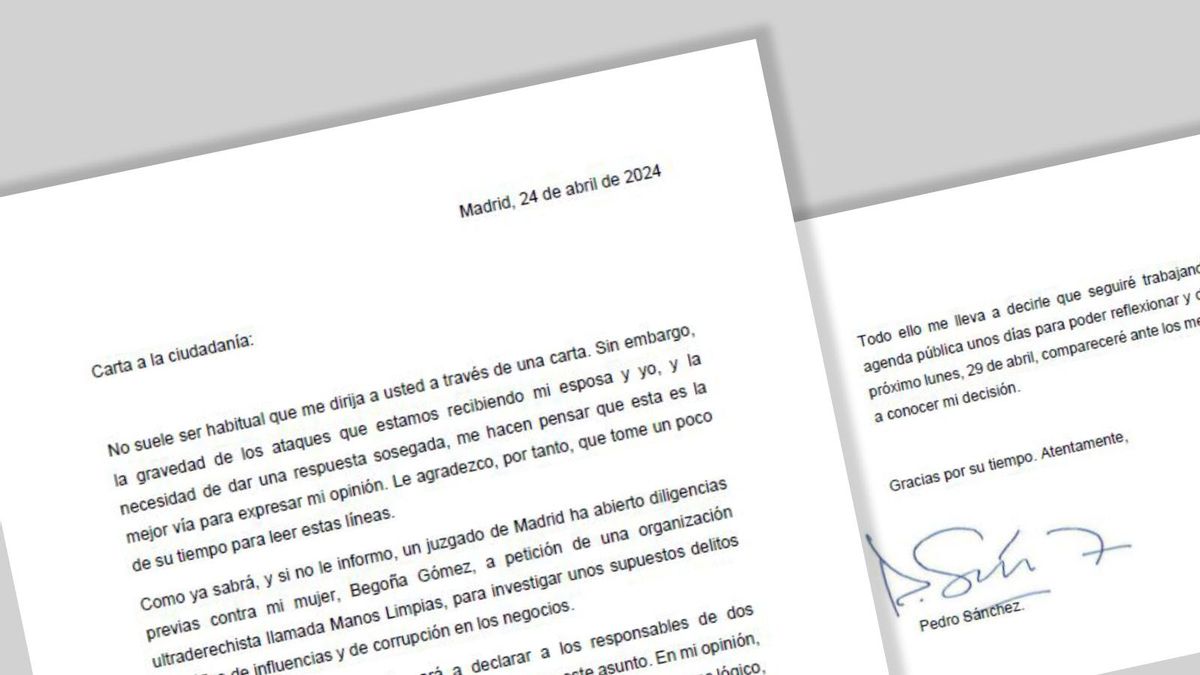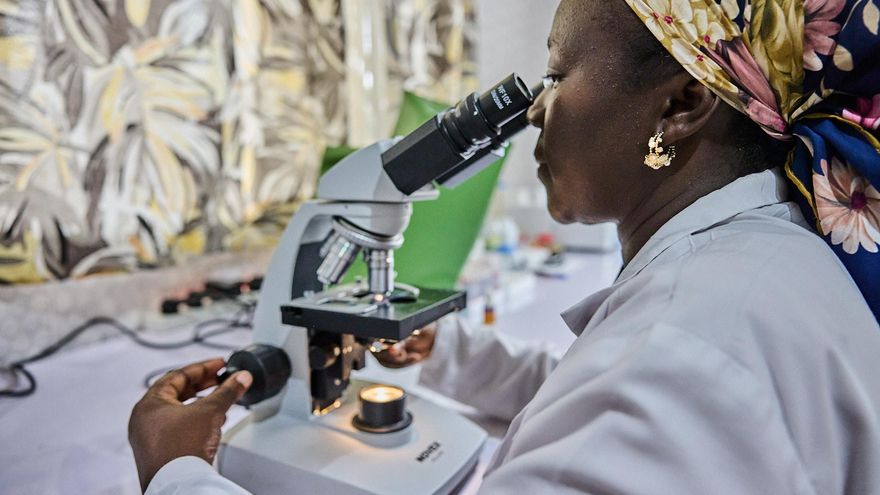Elected judge to represent Spain at the European Court of Human Rights: “It’s clear that homosexuality produces diseases”

Philosophy of law professor María Elósegui (San Sebastián, 1957), the new Spanish judge at the European Court of Human Rights (ECHR), has linked homosexuality to different diseases in books, articles and interviews. She has also argued that transsexual people should subject themselves to “psychological and psychiatric” therapies.
Her doctrine is developed in the book Ten Issues on Gender: Men and Women before Reproductive Rights, published in 2002, and in many different interviews and opinion articles published by conservative journals and magazines -some of them, very recently-.
In an interview about one of her books, published by the Opus Dei-related website almudi.org, Elósegui reaches the conclusion that homosexual people always end up developing different kinds of diseases: “To many, biological sex and gender, that is social roles, are no related, so we could construct our sexual identity with our back to our biological sex. In my book, we see that this construction of sexual identity is possible thanks to human freedom and because human beings are not determined by biology. But just because we can do it (always within certain boundaries, because we cannot change our male or female DNA), it doesn’t mean that the balance is positive. It will affect the construction of personality, so the result is not irrelevant. Those who construct and perform their sexual behaviour according to their biological sex will develop healthy and balanced behaviour. Those who insist on going against their biology will develop different diseases. That’s clear”.
In that same interview, this philosophy of law professor regrets that the “manipulation” of the concept of “gender, carried out by certain ideologies” has conditioned different conferences at the United Nations and their reports on the relations between men and women. Elósegui regrets that “antagonistic movements such as Anglo-Saxon liberalism or Marxism ended up joining forces to fight for the same objectives”, meaning the relations between the two sexes.
Elósegui, who has written that she doesn’t express herself “explicitly and originally against gay ideology”, has also rejected the use of the word “marriage” for same-sex unions. She did so during a long disquisition on civil law, into which, according to her, “the liberal ideology has also penetrated”.
The following is another of her answers during the interview: “Civil law is pretty raw. It concerns patrimonial issues and the rights of patrimonial succession. That is why it must regulate the sexual relationships that lead to descendants. The rest simply doesn’t concern civil law because it doesn’t have public consequences. It is true that liberal ideology has also penetrated civil law and that explains recent movements that tried to bring homosexual unions to the same legal status as heterosexual ones. But, despite everything, no European legal system has called those relationships ”matrimonies“, even when they have tried to provide them with some legal protections which I think are just within certain limits”.
In many of her articles and published texts, the new ECHR judge has advocated for the fight against the gender pay gap, as well as for the incorporation of women into administrative public spaces and into the private sector, but not as a way of emancipation but in pursuit of greater diversity in society, the market and the State. “Women today cannot be emancipated from anything,” she replied to a journalist of that Opus-related publication.
In another article published in the Peruvian newspaper El Comercio on May 26, 2014, Elósegui discusses the decision of Peru’s Constitutional Court to overrule sex change in the civil registry to a transsexual person who underwent surgery in Spain. She goes through the different legislation in several countries and compares the requirements to change somebody’s sex in the civil registries.
The university professor questions whether state-funded surgery is a better answer for a transsexual person and suggests that “psychological and psychiatric therapies” could be a solution, basing on “many scientific journals” that supposedly support this claim.
The following is Elósegui’s quote in the Peruvian newspaper: “In Spain, trans people influenced the Spanish legislation of 2007 so that it doesn’t require previous transsexual surgery. There is no agreement regarding which therapy is most effective. Several recent scientific articles advocate for psychological and psychiatric therapies, with testimonies of trans people supporting this idea”.
The jurist chosen by the Parliamentary Assembly of the Council of Europe from the shortlist of three candidates sent by the Spanish government has worked for over 30 years on the issues of racism and has a lot of articles published on the subject. Elósegui was one of the experts who worked on a draft of the Organic Law for Equality between Women and Men, passed by José Luis Rodríguez Zapatero’s administration.
Promiscuity and sexually transmitted diseases
In another book entitled The face of violence. Beyond the pain of women, published in 2002 by the Icaria publishing house, the new ECHR judge co-writes a chapter with university professor Carmen Marcuello, who advocates for “gender sexual relations”. Elósegui argues that fidelity is the most important value for a couple’s happiness, “both for men and even more for women”, and she mentions “numerous studies [not detailed] on homosexual behaviour, which is known to be more compulsive and leading to a greater number of partners, even though these people have such great emotional needs, to the extent that the well-known German gay sociologist has written that ‘faithful gay friendship is a myth’”.
In the same chapter, the university professor argues that promiscuity as a lifestyle, which she defines as “the implementation of a male model: the model of unquenchable orgasms” has led “not only to the rise of sexually transmitted diseases, but also to the appearance and rise of psychosexual diseases and what has been called ”family disease, in a society such as the American one, where far too many children sleep at night without a father in the house.“
Elósegui goes on: “If the individual comes to a halt or goes back to first or second phase, he makes use of masturbation or pornography, or rather this fixation translates into promiscuity and resorts to prostitution. Thus, the use of pornography and promiscuity are symptoms of the psychosexual profile that requires diagnosis…and has recently been called Syndrome of Sex Addiction (Echebura), becoming an object of studies and the appearance of centres specialised in its treatment. The distress and vital disruption expressed by these individuals are another issue to analyse”.
Elósegui also develops his idea of using condoms in one of his articles. In a 1999 article entitled The UN approves the control of the population, under another name, the professor of Philosophy of Law states: “It is not explained that the condom is not effective against other sexually transmitted diseases more frequent than AIDS, as gonorrhea, syphilis, herpes, pelvic infections, etc. And also that the condom does not protect against sexual abuse in itself, but can encourage the rapist, who finds a way to avoid pregnancy in the victim ”
The university professor chosen for the ECHR has expressed these ideas publicly along the past three decades. In an article she wrote in 1995, entitled Two sexes, how many genders?, she questions the right of homosexual people to have relationships freely. The following is a paragraph included in the text published in the extreme Catholic magazine Aceprensa: “Cancellation of the difference between the male and female genders is a characteristic of the fourth model. As the early radical feminism proposed, the objective is to achieve absolute equality between men and women. For this purpose, it is necessary not only to eliminate male privilege but also to control biological conditioning. This would be achieved when women held absolute control over reproduction, including abortion. This would lead to complete sexual freedom, which would imply the right of the individual to have sexual intercourse with other people, regardless of their sex or condition”.
In order to distance herself from these theories, Elósegui argues: “In my opinion, one thing is to have tasks that can be performed equally by a man or a woman, and another thing is the existence of androgynous or neutral sexual identities and personalities. Because an individual cannot be separated from his or her body and is therefore a sexual being who always develops his or her qualities regarding the aspects of his or her sex”.
In her articles, Elósegui defends “a relationship model that does not identify sex with gender but admits that not all social stereotypes attributed to one sex or the other are merely a cultural construction that can be changed, because some of them have stronger biological roots, so they are inexorably linked to sexual distinction”.
“Illegal abortion does not translate into more women dead”
In another article published in 2003, Ignorance is not secular, Elósegui asserts: “It is not true that illegal abortion translates into more women dead. For example, in Ireland abortion is illegal and the number of women who die because of clandestine abortions is not higher than America’s, a country with legalised abortion that still has the highest numbers of death caused by abortion complications”.
In other articles, Elósegui attacks public policies of “population control” such as legalised abortion and the fact that these policies have been promoted by the UN. In the 1999 article The pill, five years later, she critises a UN organization that supports related NGOs, which she says represented “certain type of radical feminism, anachronistic in their countries of origin”.
“Regarding contraceptive methods, they are trying to coin the term ‘emergency contraception’, that is the use of a pill after having sexual intercourse with the objective of avoiding unwanted pregnancies. This contraceptive method prevents the implantation of the fertilised egg (which is ultimately an embryo) in the uterus”, wrote Elósegui.
In the same article, one paragraph below, she critises that the UN conferences have advocated for sexual education in third world countries and for access to family planning for minors without their parent’s consent, bearing in mind that the WHO considers children over 10 years of age teenagers: “They intend to include sexual education in the school curriculum without the parents’ consent. The obstinate insistence of the US representative in eliminating the reference to parents from the document led to tense moments. Ironically enough, representatives of ”the Group of 77“ asked the American representative what her country had against parents. As a matter of fact, the El Cairo document establishes that it is primarily the parents’ ‘right, duty and responsibility to educate teenagers regarding sexuality and procreation’”.
In the same article, she adds: “Along the same lines, they carried out a campaign to prevent the Holy See from having advisory status in the UN meetings. The Holy See cannot be pressured by other powers and will not remain silent, which is a nuisance to those who wish to impose their opinions”.
Contributing to the interrogantes.net weblog, the university professor critised those who state that the inclusion of religion as a compulsory subject in the school curriculum is unconstitutional: “Those who now argue that teaching religion in schools is unconstitutional, because they defend a state model that is not in force and they do it against the opinion of the majority of the Spanish society, should learn to be good losers and use the democratic tools to demand their legitimate aspirations, in legal dissent.”
The University of Zaragoza professor has also dedicated part of her work to defend the rights of minority groups. Since 2013, she is part of a commission against racism and intolerance at the Council of Europe.
This Tuesday, Elósegui got 114 votes from the Parliamentary Assembly, while the other two candidates, José Martín y Pérez de Nanclares -director of Legal Affairs at the Ministry of Foreign Affairs- and Francisco Pérez de los Cobos -former president of the Constitutional Court- got 76 and 37, respectively. Thus, Elósegui was elected as Spanish judge at the ECHR until 2026. The victory of the candidate best known to the Council of Europe -thanks to her work in one of the commissions- is an important setback for the government, who supported Pérez de los Cobos.
After being nominated for the ECHR, Elósegui was interviewed by the Aragonese newspaper El Heraldo, where she denounced a new “xenophobia based on fears, that attacks Islam, when many of these boys [refugees] are vulnerable and are being used”. When asked about the accusations of ill-will regarding the assimilation of immigrants, Elósegui replied: “Immigrants create networks in order to feel supported. Belgium and Germany have very successful inclusive policies, while France has more ghettos…”.
In this recent interview, Elósegui agreed with the decision of the ECHR to overrule the Parot Doctrine, which -she says- “even if it was carried out through legislation, it wasn’t fair”.
Translation: Lucía Balducci





